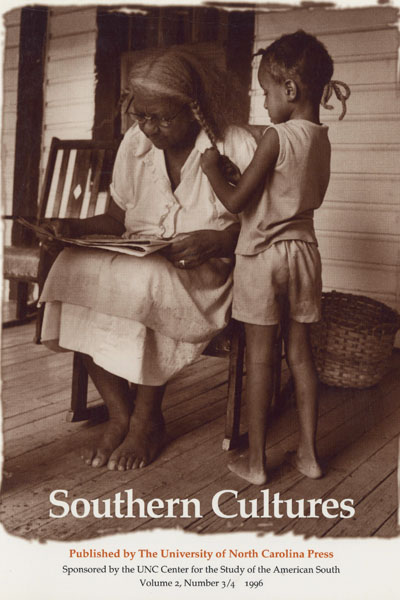“The distinguished South Carolina journalist grappled with the issues of class, race, and industrialization in the South of the 1930s and 1940s.”
In the summer of 1939, Ben Robertson, former White House correspondent for the Associated Press, traveled from Clemson to Atlanta hoping to write a feature on Margaret Mitchell, the newly famous author whose best-selling novel, Gone With The Wind, made its debut that year as an epic-length movie starring Clark Gable and Vivian Leigh. Working as a free-lance journalist, Robertson bubbled with excitement about his prospective story. His timing seemed perfect, and he had friends in Atlanta’s small but growing “smart set” who knew Peggy Mitchell. Over the course of his career, Robertson had developed a knack for the human interest story, and this one promised to be fun. Within two weeks, however, Robertson’s excitement turned to frustration, even pique, unusual emotions for the normally affable South Carolinian. “Boy, oh, Boy, I stepped in where the angels fear to tread,” Robertson complained to his New York editor. Mitchell eagerly cooperated with the easygoing Robertson at first, but her mood quickly soured when his interviews with her friends revealed less than flattering personal information. Mitchell “won’t talk,” Robertson explained, but her “friends will talk their heads off.” Robertson reported that Mitchell had “written me a letter as long as GWTW calling me no gentleman and a betrayer of great authors in the homes of their intimate friends. She can take up a simple statement Margaret Mitchell is 34 years old and write a treatise on it as long as the Battle of Atlanta scene and make you think in the end no one is ever 34 and that there really is no Margaret Mitchell.” Peggy Mitchell, Robertson concluded, “is the kind who keeps things from being printed … by yelling … [that] she will be slandered and have to file suit. Nuts!” Journalistic valor yielded to legal discretion, and Robertson left Atlanta without a story.


